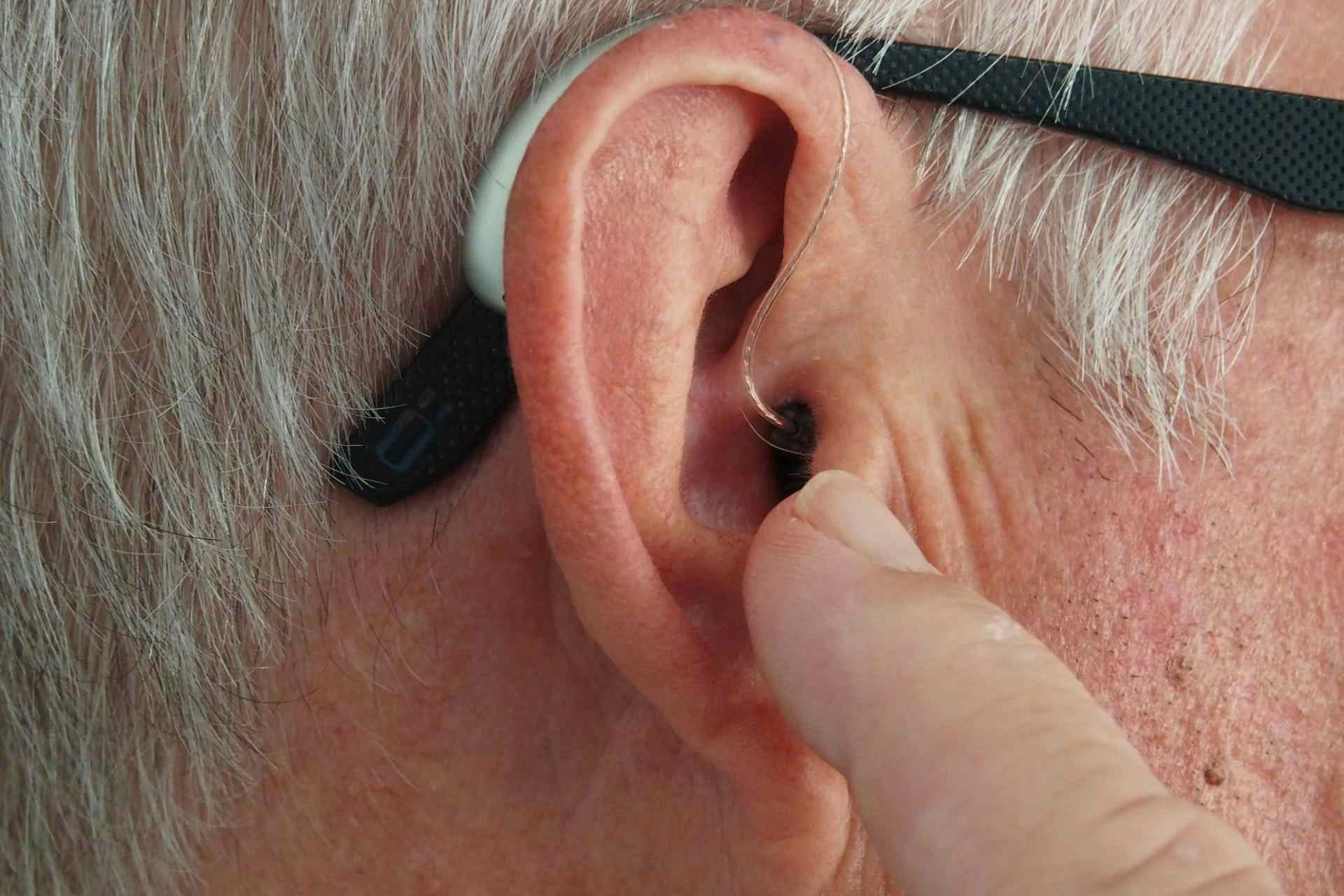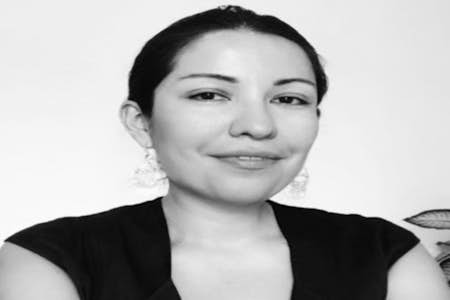Hearing problems conjure up images of hearing aids, and many of us would rather remain in denial than go down that road. However, we can manage hearing loss discreetly and effectively.
How many people over 50 suffer from hearing loss?
More than 40% of over 50s have some degree of hearing loss in the UK. This figure rises to more than 70% of people aged over 70. The medical term for age-related hearing loss is presbycusis.
There are also 7.1 million people living with tinnitus, which is a very unpleasant condition despite the absence of pain.
Tinnitus is a symptom of something wrong with the auditory system, which includes the ear, the auditory nerve that connects the inner ear to the brain, and the parts of the brain that process sound. An audiologist evaluates the condition to pinpoint the cause of tinnitus. Tinnitus manifests with a constant ringing or noise in the ears, varying from mild to deafening. It can be high pitched or low pitched and affect either ear or both.
Hearing loss doesn’t have to be age-related: there are many different types of hearing loss and hearing impairment. For example, sudden hearing loss can affect older adults and may result from something as simple as a build-up of earwax or nasty infections. The latter is a common cause of hearing loss in children.
Common causes of hearing loss in older adults
Hearing loss in older adults can have several causes, some of which are not confined to increasing years and can also cause hearing loss in children.
Modern living affects everyone's health, not just hearing, and impacts all ages. Common environmental impacts include loud sounds and even loud music. Every time we hear a loud noise, a few more tiny hair cells in the inner ear are damaged or die. This is called noise-induced hearing loss. Sounds at or below 70 decibels are generally considered safe. Environmental noise is often related to the workplace but not always. The use of headphones amongst young people is a cause for concern amongst healthcare professionals. The World Health Organization states that over a billion young adults are at risk due to unsafe listening practices.
Stress is another factor that is very damaging to our bodies. Still, not many people realise stress can also impact hearing. The tiny hair cells in the cochlea, in the inner ear, require a good supply of blood which carries oxygen and other nutrients to ensure the ear mechanism remains healthy. Stress causes the blood vessels in the body to constrict and narrow, restricting blood flow, damaging the minute capillaries, and starting the process of hearing impairment.
Medication is another known risk factor for hearing loss. Ototoxic drugs are medications used to treat another condition with side effects that can cause lack of hearing, dizziness and loss of balance. Some people are more at risk of suffering problems with ototoxic drugs than others, including:
- The elderly
- People who already have some degree of compromised hearing
- Those with a hereditary predisposition
It is always important to give feedback on any changes in hearing to your doctor if you have started medication or changed medicines recently.
Other factors which cause hearing loss in older adults
Hearing loss can be caused by something temporary and be short-term and treatable. It doesn’t have to be environmentally based or an inevitable consequence of just getting older.
Ear infections can cause temporary hearing impairment or sudden hearing loss. This is usually quickly resolved with a diagnosis and, sometimes, antibiotics. Sudden hearing loss can also occur after a loud noise or a rapid change in ear pressure, such as on a flight; this can lead to a perforated eardrum.
A build-up of earwax in the ear canal can, over time, interfere with hearing. This can be tricky to identify as hearing can vary and come and go as the earwax moves around. However, there are plenty of clinics which offer earwax removal.
There are conditions like Ménière's Disease, an inner ear disease characterised by loss of balance and bouts of vertigo. This illness can be associated with sudden hearing loss and even permanent hearing loss. Bacterial meningitis can also cause hearing problems and lead to anything from mild to profound hearing loss.
Some hearing loss conditions can be hereditary. These include otosclerosis, which causes the formation of new bone around the base of the stapes, a middle ear bone, and can result in progressive hearing loss.
How to identify the cause of hearing loss
Start by consulting your doctor, who will go through your recent medical history to determine whether this is a low-grade long-term problem or something that has occurred relatively recently, like an ear infection. Your doctor may refer you to the audiology department at your local hospital for a hearing test. An audiologist will use different techniques to grade your hearing, including measuring your response to sound waves. Depending on the type of hearing loss and its severity, there are various options available to improve age-related hearing loss.
Managing hearing loss
Losing your hearing will not make you feel great about life, and treatment will depend upon whether you are experiencing severe or mild hearing loss. Different types of hearing loss generate different solutions, including which part of the ear is impacted and whether one or both ears are affected. A hearing test or audiologist assessment is required to determine the level and type of hearing impairment.
Matthew Allsop from Harley Street Hearing told Health Times: "It's typical for people to look after their eyes and have regular eye tests. However, that same trend hasn't followed on into the hearing loss world.
"It is so important that once hearing loss is identified it is managed, whether that is with medical intervention if it is something that can be remedied, or with hearing aids if it is a permanent type of hearing loss. On average, people wait around seven years from suspecting they have hearing loss or their family members telling them to get a hearing test until they have a hearing aid fitted.
"That's seven years of struggling unnecessarily. Hearing aid technology is different to what 99% of people think, both in terms of how they look and in terms of how they function, and with the right technology, you will not only improve hearing, but also improve energy levels, social interaction, and even delay the onset of cognitive decline."
Hearing aids
Modern hearing aids have developed hugely in the last few years. There are external aids which sit behind the ear and devices which insert inside the outer ear and look like earplugs. Some even fit directly into the ear canal. Different control options are available, including on-device adjustment and remote app-based management.
Conductive hearing loss is when sounds cannot penetrate the eardrum's outer and middle ear sections. As a result, sound becomes muffled, and background noise can interfere with the ability to hear soft sounds. Doctors can sometimes treat conductive hearing loss with medication or surgery.
Cochlear implants
Cochlear implants are electronic devices that partially restore hearing loss. It is helpful for people with severe hearing impairment or who are profoundly deaf with inner ear damage and who no longer get any support from conventional hearing aids. Cochlear implants bypass damaged sections of the ear and deliver sound signals directly to the auditory nerve.
Doctors can treat hearing impairment due to damage to the hearing nerve with corticosteroids. The hearing nerve is also called the cochlear nerve or the acoustic or auditory nerve.
Some people, irrespective of age, compensate for a degree of hearing loss by lip reading and reading facial expressions. This can often be unconscious to start with and is a technique used in noisy environments or where background noise can interfere with the ability to hear correctly.
Dealing with hearing loss in later life
Hearing loss can feel like an inevitability of growing older, but a reduction in quality of life isn't. Depending on the cause of hearing decline, there are many options available to restore what you hear so you can get on with enjoying your life.






